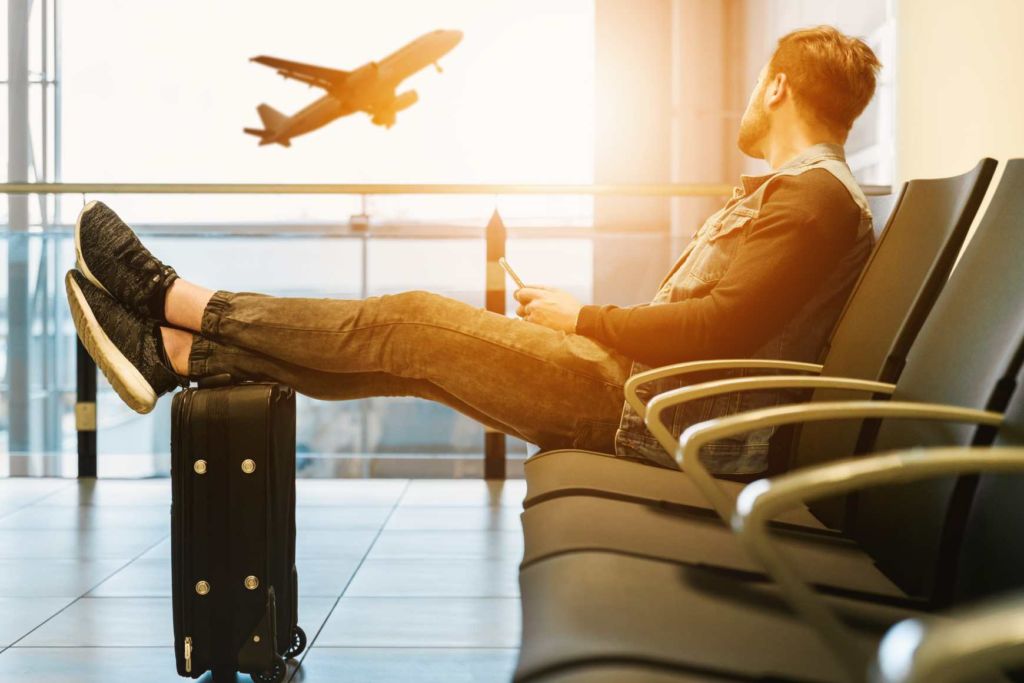Coronavirus has severely impacted the global travel industry’s ability to operate. Gone are the teeming hordes of tourists, ready to flock to distant and exotic destinations and pay hand-over-fist for the privilege; what remains is a small, determined band of globetrotters who are willing to endure facemasks, lengthy screening processes, and constantly-changing rules. This minority, it would appear, aren’t going to be keeping the planes in the air for the long-term. Some forecasters predict that travel won’t get back to where it was until 2023 – if then.
Still, there’s reason for the global travel industry to be optimistic. While the government’s foreign travel advice is subject to change at a moment’s notice, a growing number of countries have found their way onto the ‘exempt’ list, and British tourists are free to travel there. Travel operators have made the adaptations required, and successfully reassured at least some customers that getting back on a plane is worthwhile. This is likely to have a word-of-mouth effect which eventually eases wider travel anxieties.
When the earliest anti-coronavirus measures were rolled out, we were warned of the danger of people simply getting tired of the safety measures and simply reverting to their old patterns of behaviour. It’s likely that this impulse will drive the earliest wave of new tourists. Looking to take advantage of sparsely-populated resorts and cheaper deals, these people are happy to swallow some small amount of risk. They’re booking holidays in advance in the hope that things will have settled down by the time that the holiday in question rolls around.
Safety and security often come through collaborating with experienced local guides and package-holiday providers, and by sticking to parts of the world which are more rural and thus less risky. Group tours through Italy provide a great example of this practice.
In the more immediate future, there’s likely to be an on-off system of travel restrictions in place, as the government reacts to local outbreaks across the continent. While Spain and Portugal might be restricted one week, another location might be off the cards in the near future. This level of uncertainty might, therefore, promote hesitancy among consumers. Few of us relish the idea of spending big on a holiday that might not happen.
What might give the industry further pause for thought are environmental concerns, which were prominent in 2019, and which haven’t gone away in 2020. It might be that being deprived of air travel leads many of us to the conclusion that we don’t really need it, and that the cost in terms of pollution and climate change is too egregious to bear, even if we do want to go on holiday. In the long-term, this is a problem that the industry will need to solve.









